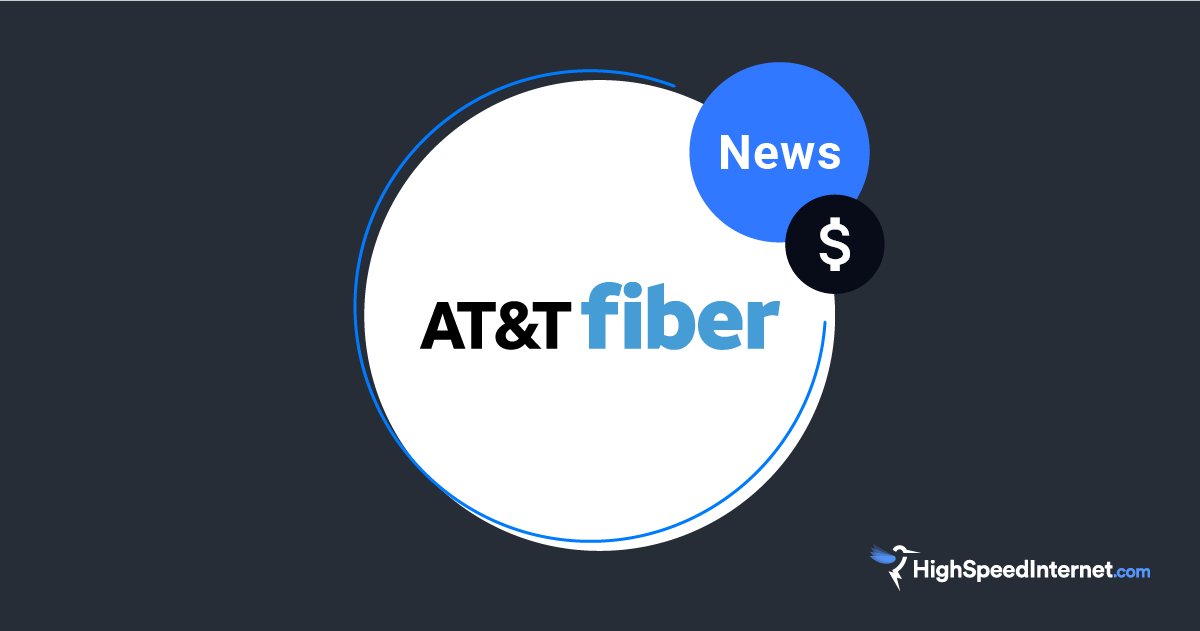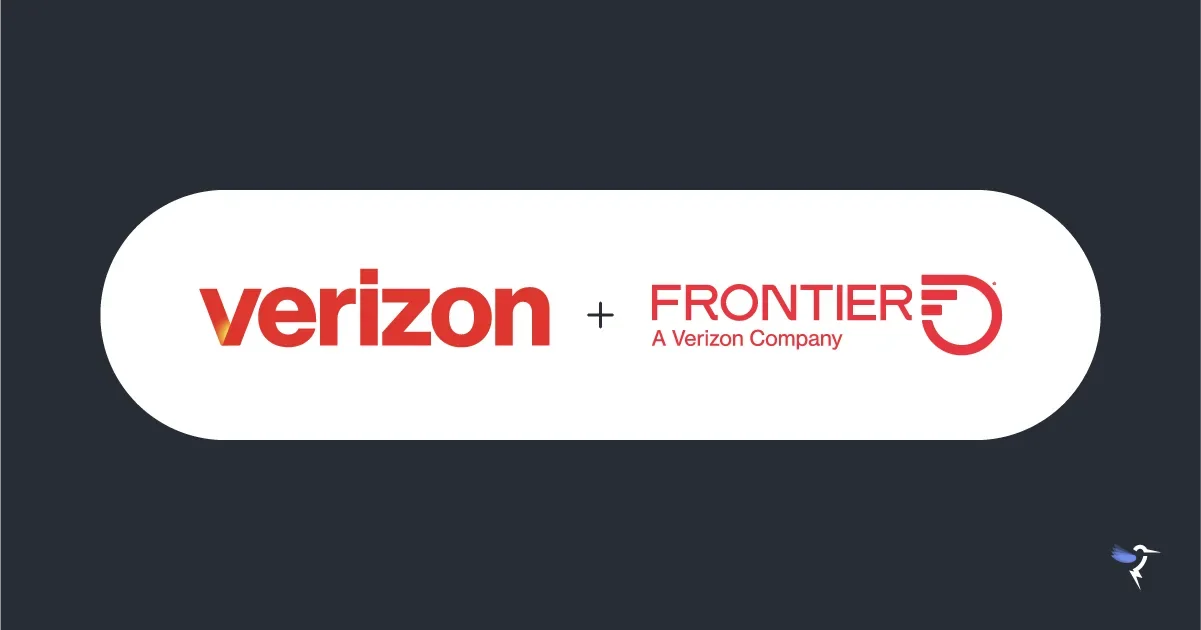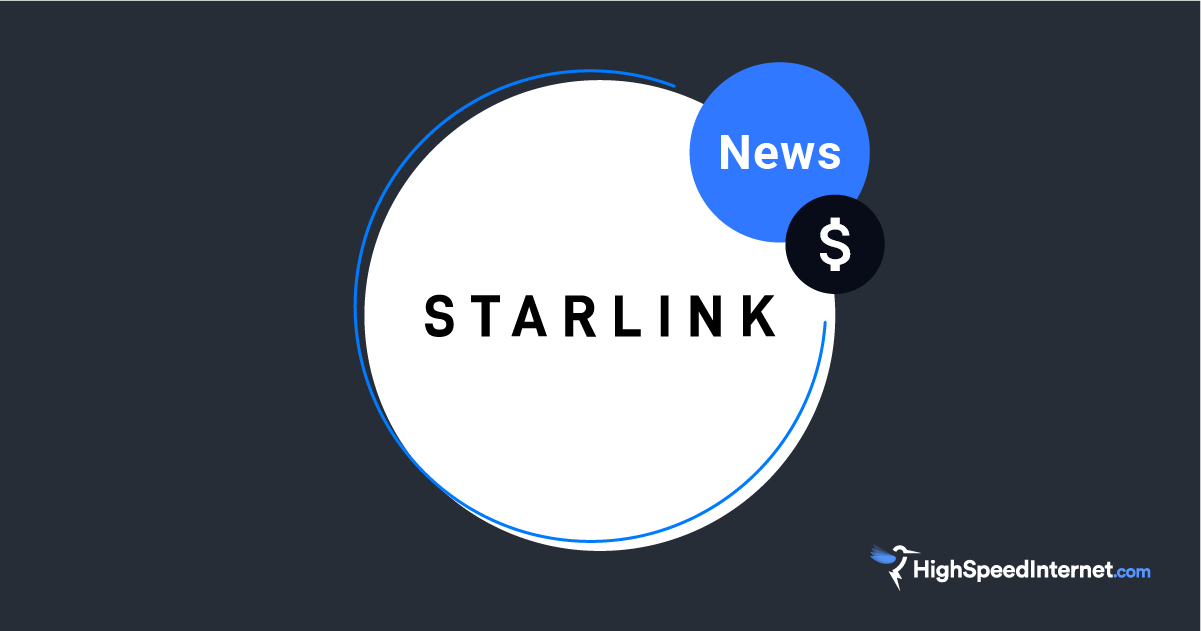Is Uncle Sam coming for your internet data cap?
The FCC investigates how data limits impact customers and providers alike
Oct 18, 2024 | Share
News
If monthly data caps on your internet usage are driving you crazy, you’re not alone. The U.S. Federal Communications Commission (FCC) has gathered hundreds of stories from customers like you, and it’s launching an official investigation into the practice.
The notice of inquiry (NOI) will look at how data caps and overage fees impact customers and businesses, how they affect competition, and how customers are informed about the caps, according to consumer-facing information from the FCC.
“For most people in the United States, rationing their internet usage would be unthinkable and impractical,” said Chairwoman Rosenworcel in a press release.”But, for millions, limitations on how much data they can use online is a constant concern. And many are not happy about it.”
Why is the FCC looking at data caps?
Within the last year, nearly 3,000 people have written to the FCC to complain about data caps, Rosenworcel said. They included the following:
- People who work from home
- Healthcare providers and their patients
- People with disabilities
- Students
Rosenworcel wants the FCC to be a voice for these groups and questions why providers enforce data caps at all. They seem to have the capacity to offer unlimited data, based on the fact that they lifted data caps during the COVID-19 pandemic, she said. She also pointed out that some providers have dropped data caps entirely.
Opposition to the study
Rosenworcel is the chair of the FCC and has the power to authorize NOI studies like this one, but she faces opposition within her ranks.
Commissioner Brendan Carr believes the study is a move toward what he calls “illegal rate regulation” and says it may rob internet shoppers of the power of choice.
“Prohibiting customers from choosing to purchase plans with data caps—which are more affordable than unlimited ones—necessarily regulates the service rates they are paying for,” Carr said.
Commissioner Nathan Simington also dissented, saying the FCC shouldn’t regulate rates. He launched into a complicated metaphor comparing broadband regulation to coffee prices.
“Though only a notice of inquiry, because it is the first step down a path toward further rate regulation, I can’t support the item we’ve brewed up here,” Simington finished. “I dissent.”
The other members of board, Commissioner Geoffrey Starks and Commissioner Anna M. Gomez, did not publish statements regarding the data cap investigation.
Ready for unlimited internet data?
Enter your zip code to compare providers and save.
Get unlimited internet data if you can
We believe customers deserve access to high-quality internet services, without a lot of confusion or hidden pricing. That means we recommend plans with unlimited data if you can get them.
The chart below can help you figure out how much data you need for everyday activities per person, per month. As you can see, it wouldn’t be hard for a family of four to reach a 1TB cap if they game, stream, and work or study online every day.
| Internet activity | Minimum recommended data |
|---|---|
| Streaming video in HD | 300GB |
| Making video calls on Zoom | 60GB |
| Running home security cameras | 30GB–300GB |
| Online gaming | 30GB |
| Browsing and checking email | 40GB |
| Streaming music or podcasts | 13GB |
Data from the Armstrong data calculator.
Fiber internet, for example, has unlimited data across the board. AT&T , Verizon , and Quantum Fiber are all big providers with fast, unlimited plans. Google Fiber has a smaller footprint, but is another great choice for unlimited data.
It gets more complicated with cable internet. Spectrum and Optimum offer unlimited data, but many other providers have data caps around 1.2TB and charge $10/GB per month if you go over.
Fixed wireless providers like T-Mobile and Verizon have soft data caps of around 1TB. Your speed will be throttled if you use more data than that in a month, but you won’t be cut off and you won’t be charged extra.
Should data caps be allowed?
While we love unlimited data, we aren’t sure providers should be prevented from offering plans that have caps. If it’s possible to pay less for a plan with a low data cap, and you’re willing to deal with the stress of tracking your data, maybe you should have that choice.
Getting completely cut off or charged exorbitant prices after you exceed your cap does seem predatory, though.
In today’s world, having access to the internet is a necessity.
We’re eager to see what the FCC investigation uncovers, and we’re carefully watching internet providers to see how they react.
How you can participate
The FCC has already collected thousands of stories, but it would like to hear more. Tell the agency what you think in a few clicks.
You can also learn about your own data caps by carefully reading your provider’s broadband nutrition label and learning about how much internet data you need.
Learn more in our expert resource library
Author - Chili Palmer
Chili Palmer covers home tech services, with a special focus on understanding what families need and how they can stay connected on a budget. She handles internet access and affordability, breaking news, mobile services, and consumer trends. Chili’s work as a writer, reporter, and editor has appeared in publications including Telecompetitor, Utah Business, Idaho Business Review, Benton Institute for Broadband & Society, and Switchful.com.
Editor - Jessica Brooksby
Jessica loves bringing her passion for the written word and her love of tech into one space at HighSpeedInternet.com. She works with the team’s writers to revise strong, user-focused content so every reader can find the tech that works for them. Jessica has a bachelor’s degree in English from Utah Valley University and seven years of creative and editorial experience. Outside of work, she spends her time gaming, reading, painting, and buying an excessive amount of Legend of Zelda merchandise.



